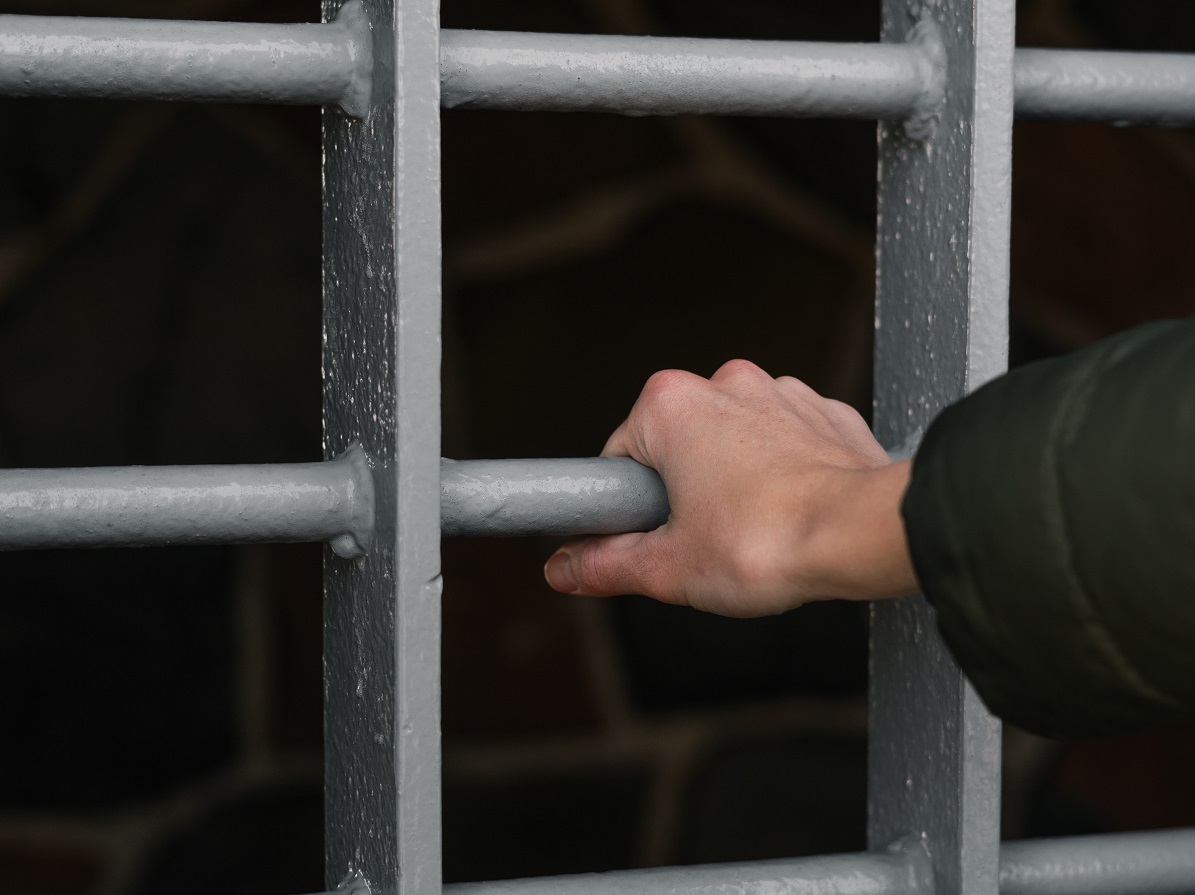Journalists persecuted in Dusanbe
In the past year in Tajikistan, eight journalists and bloggers were sentenced to sentences ranging from 7 to 21 years for collaboration with prohibited organisations. Radio Ozodi collected testimonies from their families. One of them managed to get a letter out of solitary confinement, where he complained of being subjected to psychological pressure and torture.
Dusanbe (AsiaNews) - Over the past year in Tajikistan, eight journalists and bloggers have been sentenced to various terms ranging from seven to 21 years, all for collaborating with banned organisations.
Humanitarian organisations have made several appeals to the government in Dushanbe for their release, but the authorities have ignored their requests. The families of the journalists, along with all their friends, hope to see their loved ones again sooner or later.
The problem of the families is not only emotional, as the lives of many people depend on the earnings of the convicts. The wives are nevertheless proud, in the rare meetings allowed by the prison authorities, of the courage with which their husbands face this ordeal, but they still have to answer their children's questions about their father's return.
Radio Ozodi interviewed some of these family members to understand how they deal with their anxieties.
The 26-year-old Abdullo Gurbaty has only a 10-month-old son, Masud, whom he has practically not yet been able to see, having been sentenced in late 2022 just as he was just born. The court found him guilty of violence and insulting the constituted authorities, adding the charge of participation in a prohibited association, resulting in seven and a half years of deprivation of liberty.
His wife, Muborak Kosimzoda, explained that she is trying to accept the harsh reality and move on, taking her son with her as soon as she is granted an appointment with Abdullo: 'we want to support him, we tell each other not to despair, and thanks to Allah we try to resist'. She herself works as a journalist, and now lives with her in-laws, who are certain of their son's innocence and support him in everything.
Gurbaty has been working for the past three years providing video and photo-reports to the 'Asia-Plus' agency, and has his own Facebook page where he has often discussed the problems of Tajik society, also with strong expressions.
Joining him as a co-author is Daler Imomali, who came to journalism eight years ago from the theatre scene, also ending up behind bars with ten years on his back, for completely fabricated accusations of malfeasance.
Unlike his colleague, Daler has three grown-up children, who had to move to the village with their grandparents, leaving their rented flat in the capital. Daler's mother, Šodigul Bobieva, was last able to see her son at the end of June, and remembers the difficult times of the civil war, when she lost five more children; she later had to struggle to raise the remaining two on her own, and now history repeats itself with her daughter-in-law and grandchildren.
Imomali is in poor health and endures detention with difficulty. His mother and relatives try to get him medicine in prison, but he still does not complain. Prison visits are at most once a month, and his wife and children can stay for a couple of days.
There are also internal competitions among the inmates, and whoever wins gets the chance for a few more visits from family members. Daler's wife, Zajtuna Inojatova, is a good seamstress, and somehow manages to provide food for her children, sadly stating that 'this is the time when everyone has to worry about their own life, and one cannot share the burdens of others'.
Another testimony collected by Ozodi is that of Khabisa Jatimova, mother of another convict, Zavkibek Saidamini, who in turn took her daughter-in-law and grandchildren to the countryside: "who would take care of them in Dushanbe?" she explained.
Zavkibek's brother takes care of the family's upkeep, hoping to be able to hold out for the seven years of the journalist's sentence, who was also imprisoned on 'completely non-objective' charges, according to his family members.
Together with him in the Khudžansk prison, another colleague, Abdusattor Pirmukhammadzoda, also sentenced to seven years, is also serving his sentence.
Last October, he managed to get a letter out of his solitary confinement cell, where he complains of being subjected to psychological pressure and torture, to force him to admit his guilt, which he considers 'fabricated'.
He, too, has had to entrust his wives and children to his brother Abdukarim, who sends the money and cannot do much else, especially as the family also lives quite far from the prison, and cannot even afford the travel expenses for visits. Freedom of expression is a mirage in Tajikistan, and the only way out is family solidarity.
11/08/2017 20:05







.png)










